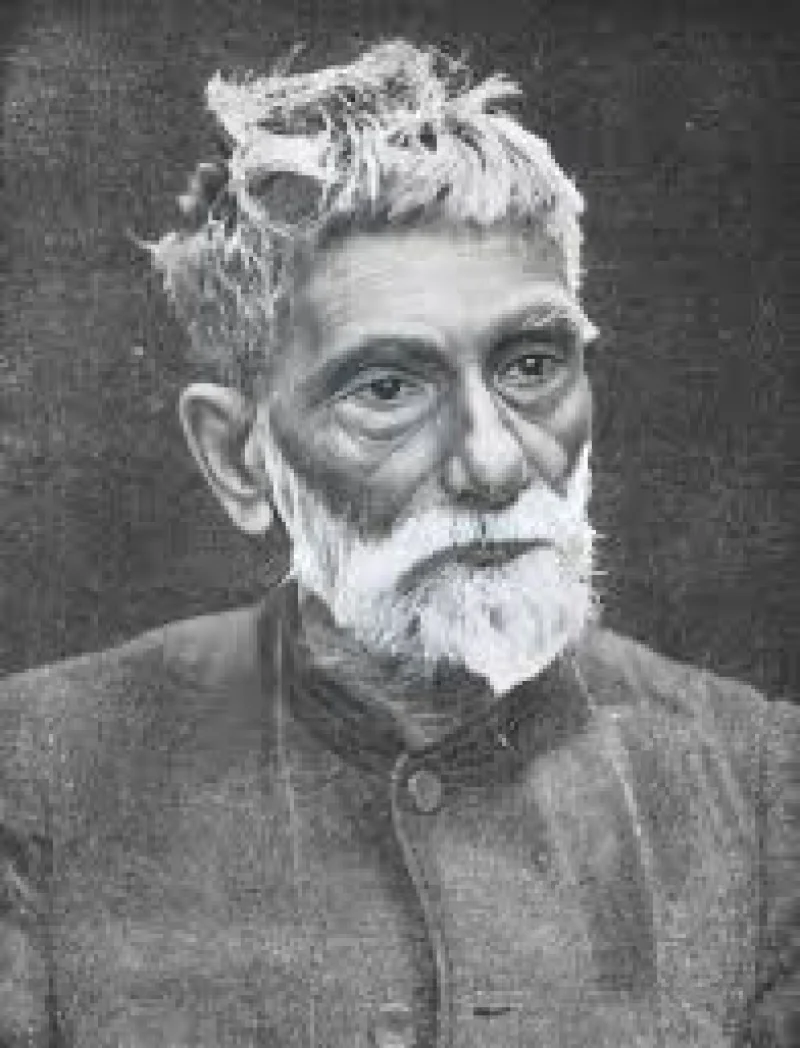Short Summary
Arthur Eddington was a prominent British astronomer, physicist, and mathematician, best known for his work on the theory of relativity and the study of stars. He played a crucial role in popularizing Einstein's theory of general relativity through his famous 1919 expedition that confirmed the bending of light around the sun. Eddington's contributions to astrophysics and philosophy of science made him a key figure in the early 20th century scientific community.
Early Life & Education
Arthur Eddington was born on December 28, 1882, in Kendal, England. He was the son of Arthur Henry Eddington, a school headmaster, and Sarah Ann Stout. After his father's untimely death, Eddington's family moved to Weston-super-Mare, where he attended a local school. He excelled in mathematics and earned a scholarship to Owens College, Manchester, at the age of 16. Later, he attended Trinity College, Cambridge, where he continued his studies in mathematics and physics. His early education laid the foundation for his future contributions to astronomy and theoretical physics.
Career Highlights
Eddington's career began at the Royal Observatory in Greenwich, where he worked as a chief assistant. In 1913, he was appointed as the Plumian Professor of Astronomy at Cambridge University. During World War I, he focused on theoretical physics, particularly Einstein's general theory of relativity. In 1919, Eddington led an expedition to the island of Príncipe to observe a solar eclipse. His observations provided one of the first empirical confirmations of general relativity. Eddington's subsequent work included significant contributions to the understanding of stellar structure and the internal constitution of stars.
Major Achievements
- Led the 1919 solar eclipse expedition, providing crucial evidence for Einstein's general relativity.
- Developed theories on the internal structure of stars, contributing to the field of astrophysics.
- Authored influential books, such as "The Mathematical Theory of Relativity" and "The Internal Constitution of Stars."
- Served as a leading advocate for the scientific philosophy known as "Eddington's number," relating to the fundamental constants of the universe.
Famous Quotes
- "Not only is the universe stranger than we imagine, it is stranger than we can imagine."
- "We are bits of stellar matter that got cold by accident, bits of a star gone wrong."
Interesting Facts
- Eddington was a lifelong Quaker, which influenced his pacifist views during World War I.
- He was one of the first scientists to use the term "supernova" to describe the explosion of a massive star.
- Eddington's work on the theory of relativity helped bridge the gap between German and British scientists post-World War I.
- He was knighted in 1930 for his contributions to astronomy and science.
- Eddington's number, related to the number of protons in the observable universe, is named in his honor.
Legacy / Influence
Arthur Eddington's work had a lasting impact on the field of astrophysics and the popular understanding of relativity. His successful confirmation of Einstein's theory helped establish general relativity as a cornerstone of modern physics. Eddington's studies on stellar structure influenced subsequent research in astrophysics, and his philosophical writings contributed to the dialogue on the nature of scientific inquiry. His legacy endures through ongoing research in theoretical physics and cosmology.
FAQ
Q: Why is Arthur Eddington famous?
A: Because of his role in confirming Einstein's theory of general relativity and his contributions to astrophysics.
Q: What was Eddington's 1919 expedition about?
A: It was about observing a solar eclipse to provide evidence for the bending of light predicted by general relativity.
Q: Did Eddington receive any honors?
A: Yes, he was knighted in 1930 for his contributions to science.
Q: What is Eddington's number?
A: It is a concept related to the estimated number of protons in the observable universe.











